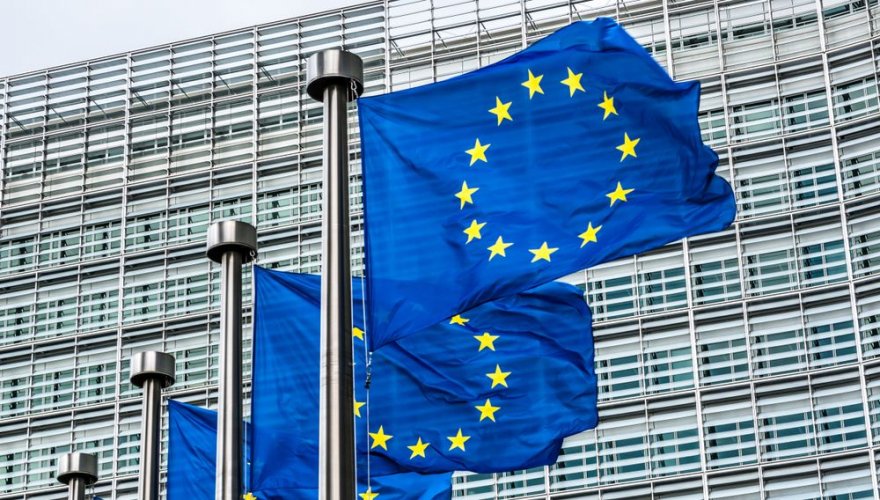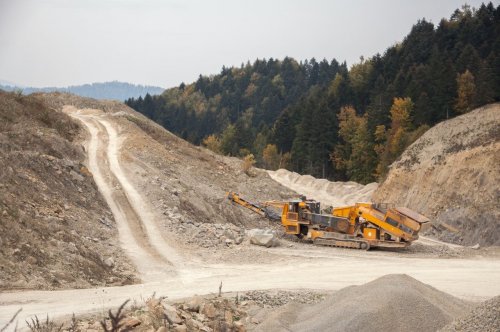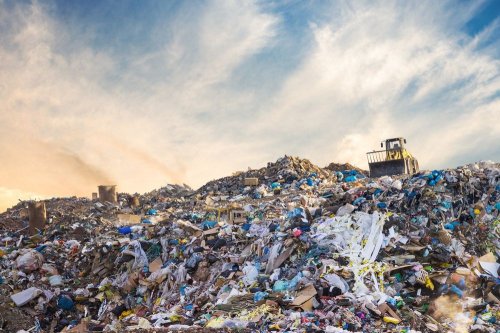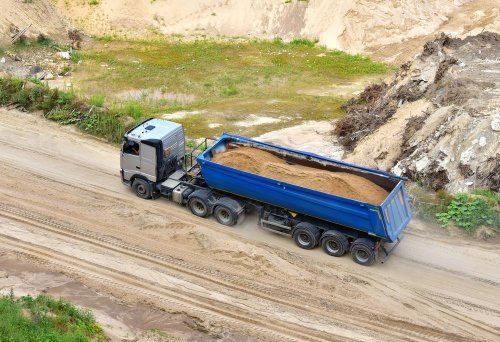The EU Council has finally approved the Critical Raw Materials Act (CRMA), which will ensure a sustainable supply of raw materials that are key to the transition to green and digital technologies, as well as for the defense and space industries.
The CRMA defines two lists of materials, namely 34 critical and 17 strategic, the press service of the EU Council reports.
Europe is largely dependent on other countries for the supply of critical elements for the production of batteries and electronics.
It is noted that CRMA:
- introduces clear timeframes for permitting procedures for extractive projects;
- allows the European Commission and Member States to recognize a project as strategic;
- requires risk assessment in the supply chain;
- requires Member States to have national exploration plans;
Ensures EU access to critical and strategic raw materials through ambitious targets for extraction, processing, and diversification of import sources.
"With the Critical Raw Materials Law, we want to turn the challenges of our dependence into strategic autonomy and opportunity for our economy. This legislation will boost our mining sector, expand our utilization and processing capacity, create local and quality jobs, and ensure that our industry is ready for the digital and environmental transition," said Joe Brauns, the Flemish Minister of Economic Affairs, Innovation, Labor, Social Economy and Agriculture.
The press release said that the CRMA sets three targets for annual consumption of raw materials in the EU by 2030, namely
- 10% from minerals mined in the block;
- 40% from elements processed in the EU;
- 25% from recycled materials.
In addition, by 2030, no third country will supply more than 65% of the annual consumption of the critical materials.
It is noted that the Law sets deadlines for the evaluation of projects within the EU. Extraction projects must go through the permitting process within 27 months, and processing projects within 15 months.
The press service added that large companies that produce strategic technologies, such as battery, hydrogen, or renewable energy producers, should conduct risk assessments of their supply chains and develop strategies to mitigate the effects of possible supply disruptions.
It is added that the law will enter into force on the twentieth day after publication in the Official Journal of the European Union, after it is signed by the President of the European Parliament and the President of the Council.
As EcoPolitic reported earlier, French Industry Minister Roland Lescure said that thanks to state aid, industry would become a key driver of decarbonization of the European continent.





